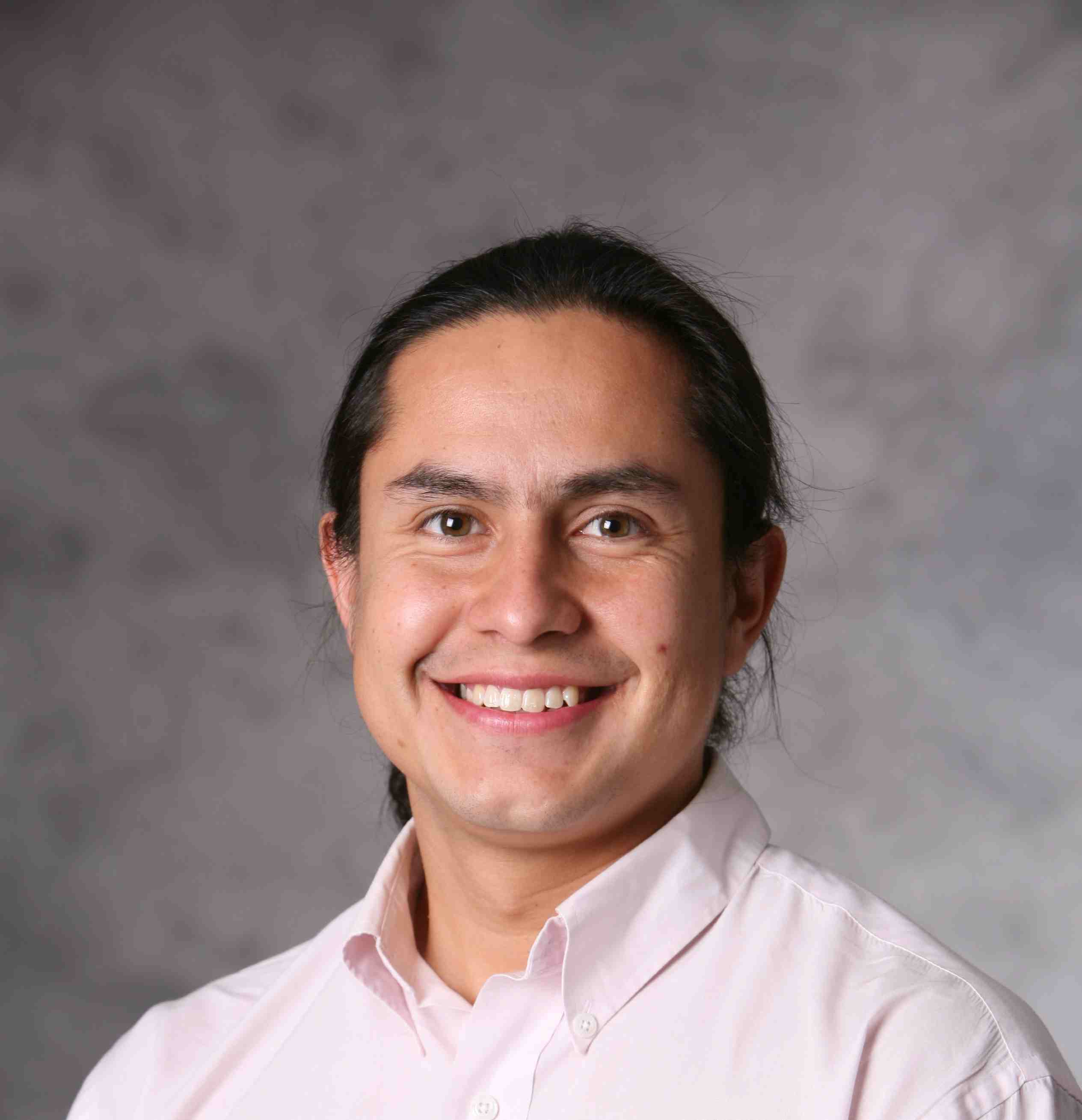Carlos A. Varela
Professor, Department of Computer Science
Founding Director, Worldwide Computing LaboratoryRensselaer Polytechnic Institute, 110 8th Street, Troy, NY 12180, USA
cvarela AT cs DOT rpi DOT edu
Ph: +1 (518) 276-6912,
Fax: +1 (518) 276-4033,
Office: Lally 308.
